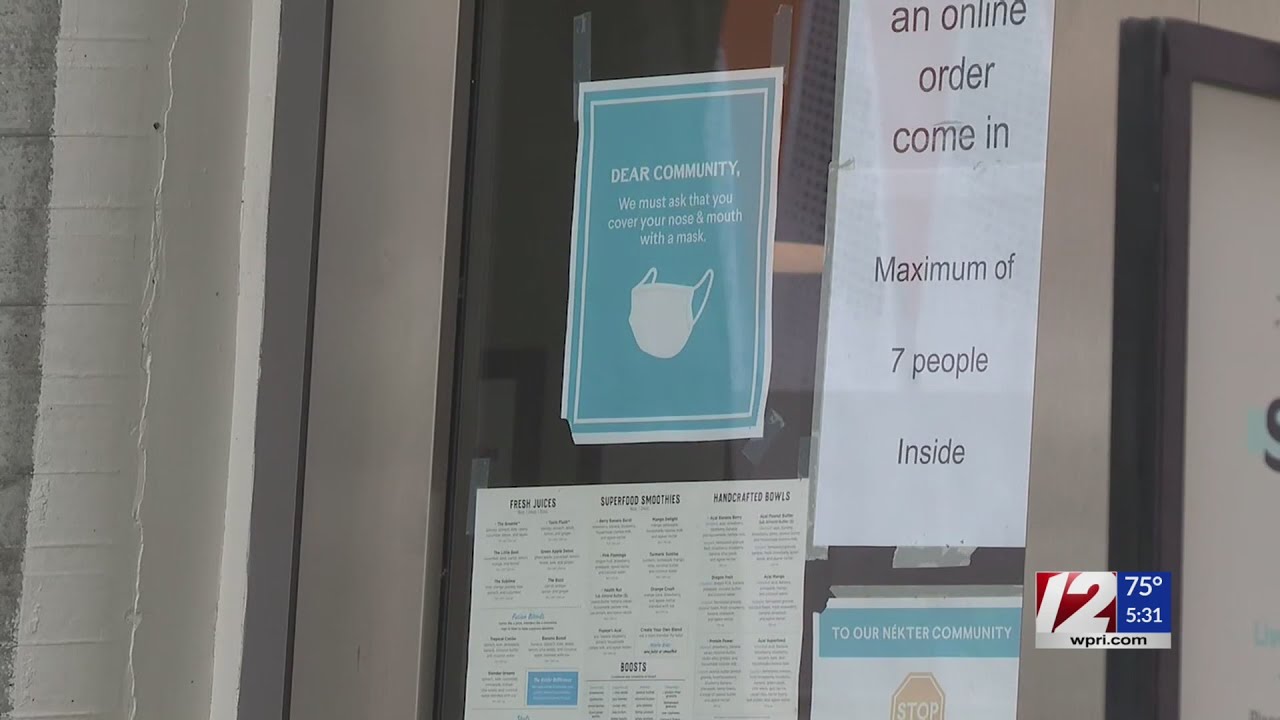Introduction: Tracking COVID cases in Rhode Island
Rhode Island, like the rest of the world, has been grappling with the ongoing COVID-19 pandemic. As the situation continues to evolve, it is crucial to monitor and track the number of COVID cases in the state. This article aims to provide an overview of the current situation, recent trends, factors contributing to the rise in cases, and the impact of vaccination rates on COVID cases in Rhode Island.
Current COVID situation in Rhode Island
As of the latest data available, Rhode Island is experiencing an increase in COVID cases. The state has seen a surge in positive cases, leading to concerns about the potential strain on the healthcare system and increased hospitalizations. This rise in cases has raised alarms among local and state authorities, prompting them to take necessary measures to curb the spread of the virus.
Recent trends in COVID cases in the state
Over the past few weeks, Rhode Island has witnessed a notable increase in COVID cases. The state had been making progress in reducing the number of cases earlier this year, but the recent surge has reversed that trend. There has been a steady rise in new infections, with some days reporting record-high numbers. This concerning trend has put health officials on high alert and necessitates immediate action.
Factors contributing to the rise in cases
Several factors can be attributed to the recent rise in COVID cases in Rhode Island. One significant factor is the spread of more transmissible variants of the virus, such as the Delta variant. These variants have been found to be highly contagious, leading to a rapid increase in cases. Additionally, decreased adherence to preventive measures like mask-wearing and social distancing, especially in crowded settings, has contributed to the spread of the virus.
Impact of vaccination rates on COVID cases
The impact of vaccination rates on COVID cases is a critical aspect to consider. Rhode Island has made significant progress in its vaccination campaign, with a substantial percentage of the population fully vaccinated. Vaccination has proven to be effective in preventing severe illness, hospitalization, and death. However, breakthrough cases among vaccinated individuals are still possible, although less common. The rise in cases in Rhode Island highlights the importance of reaching higher vaccination rates to further minimize the spread of the virus.
Analysis of COVID testing and detection methods
Efficient COVID testing and detection methods are crucial for identifying and containing the virus. Rhode Island has implemented widespread testing initiatives, including both PCR and rapid antigen tests. These tests aid in early detection and prompt isolation of infected individuals, preventing further transmission. Timely and accurate testing is vital in curbing the spread of the virus and monitoring the overall COVID situation in the state.
Comparison to neighboring states’ COVID data
Comparing Rhode Island’s COVID data to its neighboring states provides valuable insights into the regional impact of the virus. While the surge in cases is concerning, Rhode Island’s situation is comparable to some of its neighboring states. This comparison allows health officials to identify common trends and potential sources of transmission, leading to collaborative efforts in implementing effective prevention strategies.
Measures taken by Rhode Island to curb spread
To address the increasing COVID cases, Rhode Island has implemented various measures to curb the spread of the virus. These measures include reinstating mask mandates in certain settings, promoting vaccination through public health campaigns, and emphasizing the importance of regular testing. Additionally, state and local authorities have been actively engaging with communities to encourage adherence to preventive measures.
Role of public health campaigns in Rhode Island
Public health campaigns play a crucial role in educating the public about COVID-19 and encouraging them to follow preventive measures. Rhode Island has launched several campaigns to promote vaccination, testing, and overall COVID awareness. These campaigns aim to combat misinformation, raise awareness about the importance of vaccination, and provide accurate information to the public to make informed decisions regarding their health and safety.
Importance of community cooperation and adherence
Community cooperation and adherence to preventive measures are essential in controlling the spread of COVID-19. While Rhode Island has implemented measures, their effectiveness relies on the cooperation of individuals and communities. By strictly adhering to mask-wearing, practicing social distancing, and getting vaccinated, Rhode Island residents can contribute to slowing the transmission of the virus and protecting themselves and others.
Projections for future COVID cases in Rhode Island
Predicting future COVID cases is challenging due to the evolving nature of the virus and various factors influencing its spread. However, based on the current trends, it is crucial to remain vigilant and anticipate a continuation of rising cases in Rhode Island. The effectiveness of ongoing vaccination efforts, adherence to preventive measures, and prompt identification and isolation of cases will be crucial in mitigating the impact of the virus in the coming months.
Conclusion: Addressing the increasing COVID cases
As Rhode Island experiences an increase in COVID cases, it is vital for individuals, communities, and authorities to work together to address the situation. The rise in cases can be attributed to various factors, including the spread of more transmissible variants and decreased adherence to preventive measures. Vaccination rates, testing methods, and public health campaigns all play crucial roles in curbing the spread of the virus and protecting public health. Continued cooperation, adherence to preventive measures, and increased vaccination rates will be essential in controlling the pandemic and ensuring the well-being of Rhode Island residents.





